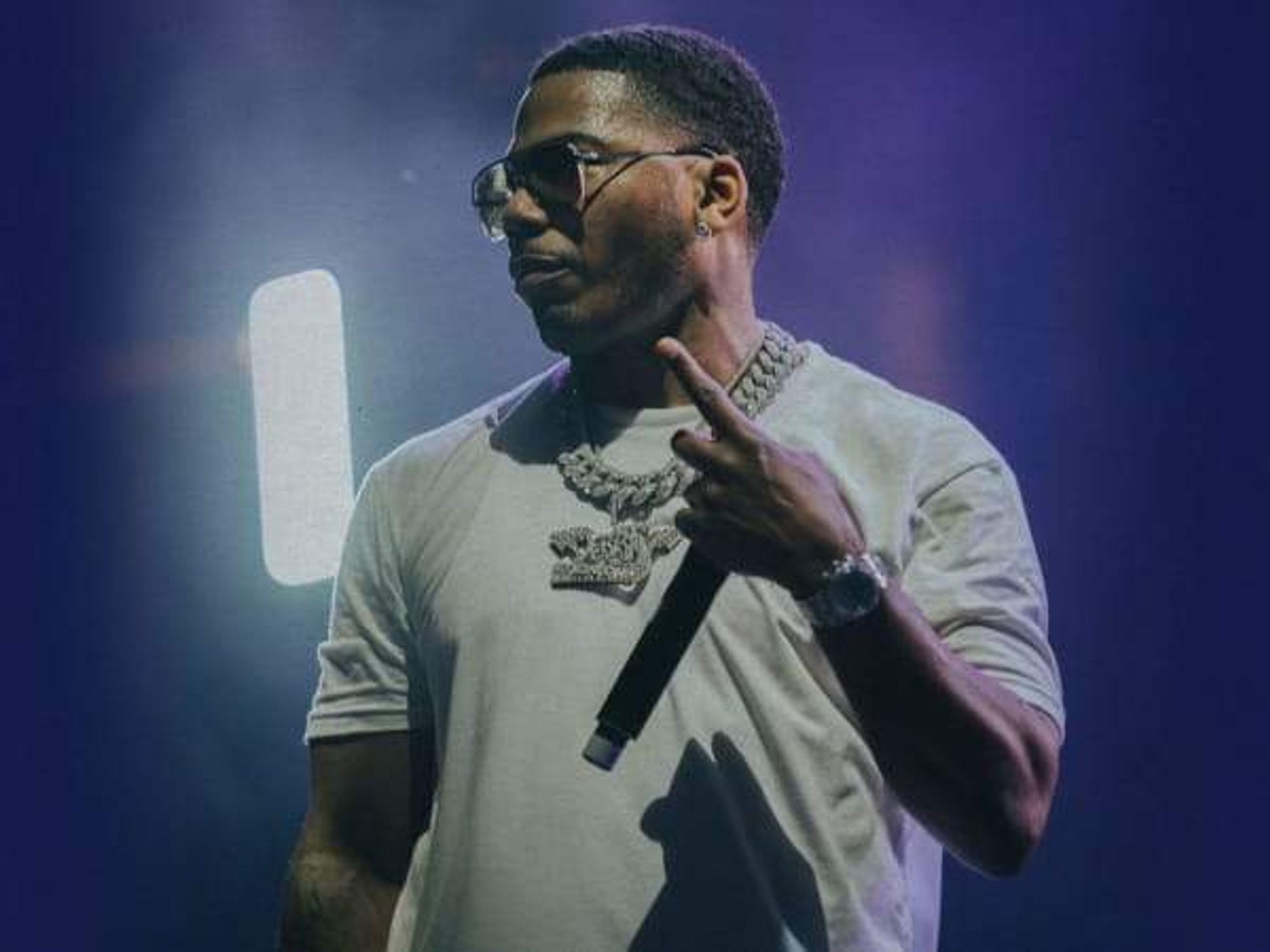Jenny's Back on the Block
Jennifer Lopez celebrates big 5-0 with first headlining tour, including Dallas date

Pop star Jennifer Lopez will come to Dallas as part of her It’s My Party Tour, her first-ever U.S. headlining tour. She will play at American Airlines Center on June 24.
The whirlwind tour will come to 25 cities across North America, kicking off June 7 in Los Angeles and finishing in Miami on July 25, which is the day after Lopez's 50th birthday. In addition to Dallas, other Texas stops will include San Antonio on June 21, Edinburg on June 22, and Houston on June 25.
The tour will feature a mix of Lopez’s new and classic music alongside the glamour of show-stopping choreography and dancers, wardrobe, technology, and set design. Lopez has released eight albums in her career, with 2014's A.K.A. being her most recent album. However, she's put out a flurry of non-album singles in the past few years, including the forthcoming "Medicine" featuring French Montana.
Since her last album, Lopez has kept herself in the spotlight by starring in NBC's Shades of Blue, judging NBC's World of Dance, making movies like Second Act and the upcoming Hustlers, and dating her now-fiancé, Alex Rodriguez.
Tickets for the concert will go on sale to the general public at 12 pm March 29 at LiveNation.com. American Express Card Members can purchase pre-sale tickets 10 am March 26 through 10 pm March 28. There are also a limited number of LaneOne Premium Packages available, which include prime seats, transportation, preferred entrance, and more.
